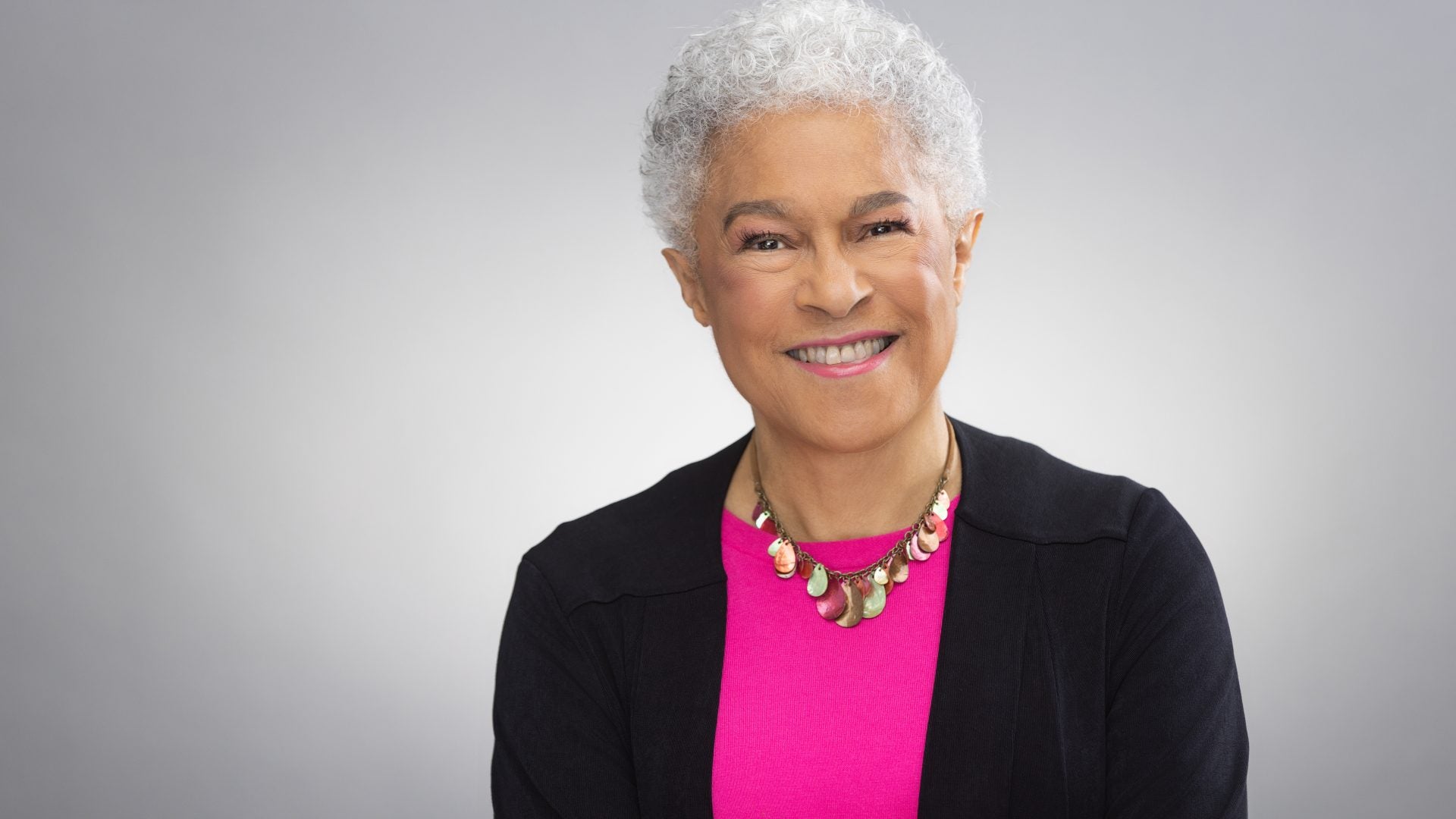
Patricia Hill Collins, Black feminist icon and winner of the 2023 Berggruen Philosophy Prize, has released a new book: Lethal Intersections: Race, Gender, and Violence.
In 1990, when Collins’ first book, Black Feminist Thought: Knowledge, Consciousness, and the Politics of Empowerment, was published, she “helped to establish the concept of intersectionality.” Ten books later, Collins is still writing prose in a way to make the inaccessible, accessible.
In a conversation with ESSENCE, Collins shared what inspired her latest book and what she hopes for readers to learn.
What exactly is a lethal intersection? As the world-renowned sociologist explains in the book summary, it is a concept that derives from “how violence differentially affects people according to their class, sexuality, nationality, and ethnicity. These invisible workings of overlapping power relations give rise to what she terms ‘lethal intersections,’ where multiple forms of oppression converge to catalyze a set of violent practices that fall more heavily on particular groups.”
While this issue is complex and may be hard for some to distill, Collins explained “I wrote Lethal Intersections because violence is an important social problem that affects us all.”
“It is a collective problem that requires a collective solution. But because or experiences with race, class, gender, sexuality and other markers of difference shape how we see violence, there is far too little common ground,” said Collins.
“I see great promise in the important scholarship and activism that has been done under the banner of intersectionality,” Collins continued. “I wrote my book to investigate how this powerful idea might shed light on the ways in which people are working to solve this important social problem.”
A Distinguished University Professor Emerita at the University of Maryland, Collins is particularly knowledgeable. So when asked if she learned anything surprising during her research for this book, Collins noted that, “I found, when it comes to violence, people have far more in common than they typically think.”
“In Lethal Intersections, I examine a wide variety of cases where people’s lives were deeply touched by some instance of violence,” says Collins.







“I began with two cases of violence that differed by country, race, gender and history.” Collins revealed how, “on the surface, the case of the death of a young Aboriginal woman in police custody in Australia and that of an African American man who died from police action in the United States may seem unrelated.”
“But digging deeper reveals how what I call intersectional violence is a common thread joining these and the many other cases,” Collins stated.
Given that violence has become such a prevalent part of our lives, this book can hopefully offer up some solutions. And that’s what Collins wants. “I hope that readers with take away a new appreciation of all the ways that ordinary people are working in their everyday lives to confront this common problem. My book aims to build solidarity among people who may be unaware of each other’s existence but whose refusal to accept violence offers a strong reason to come together.”






